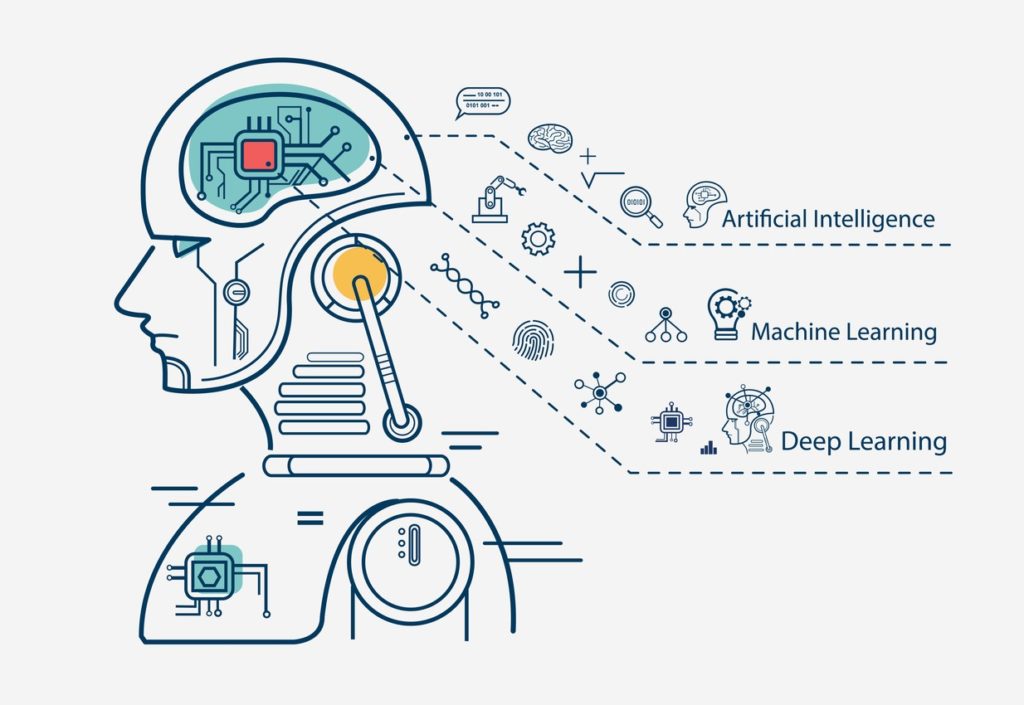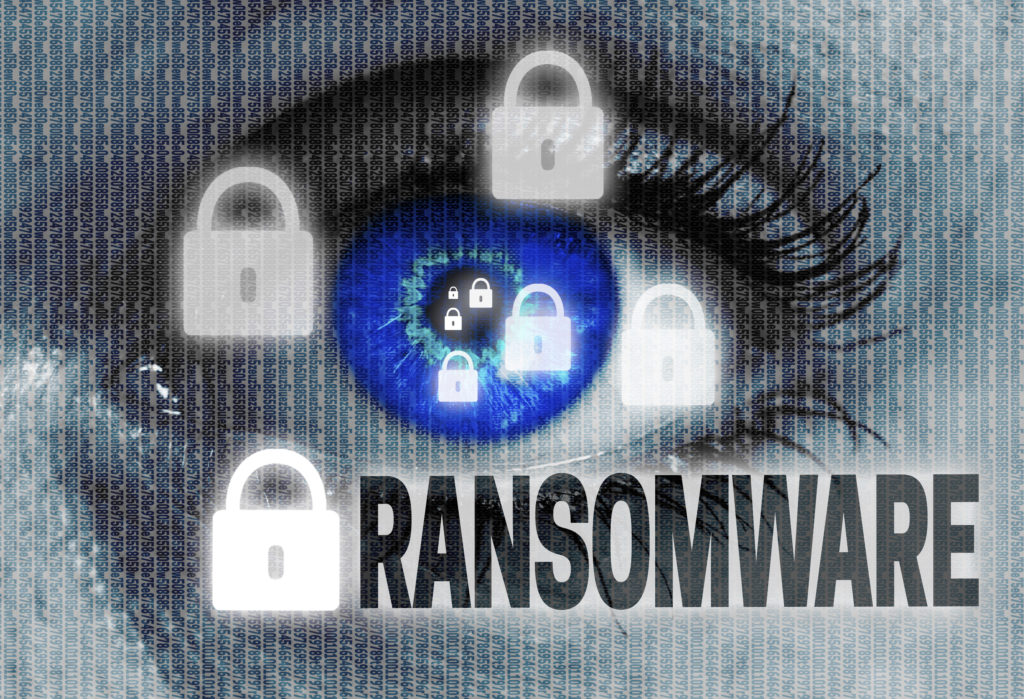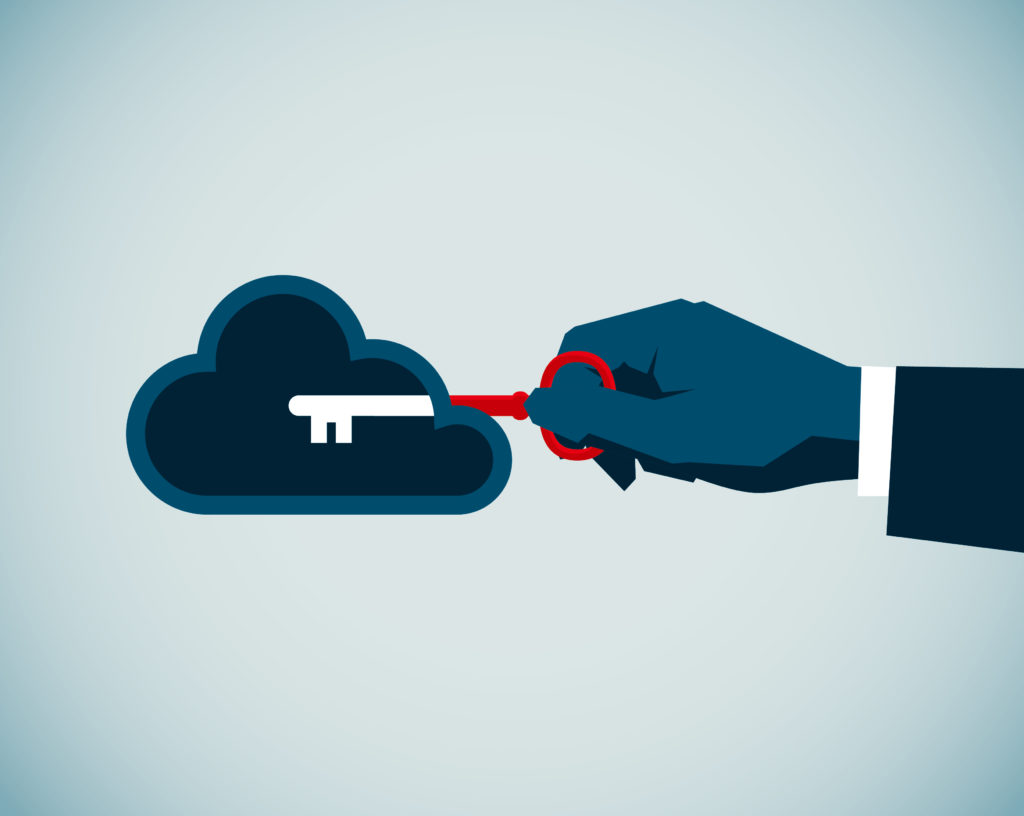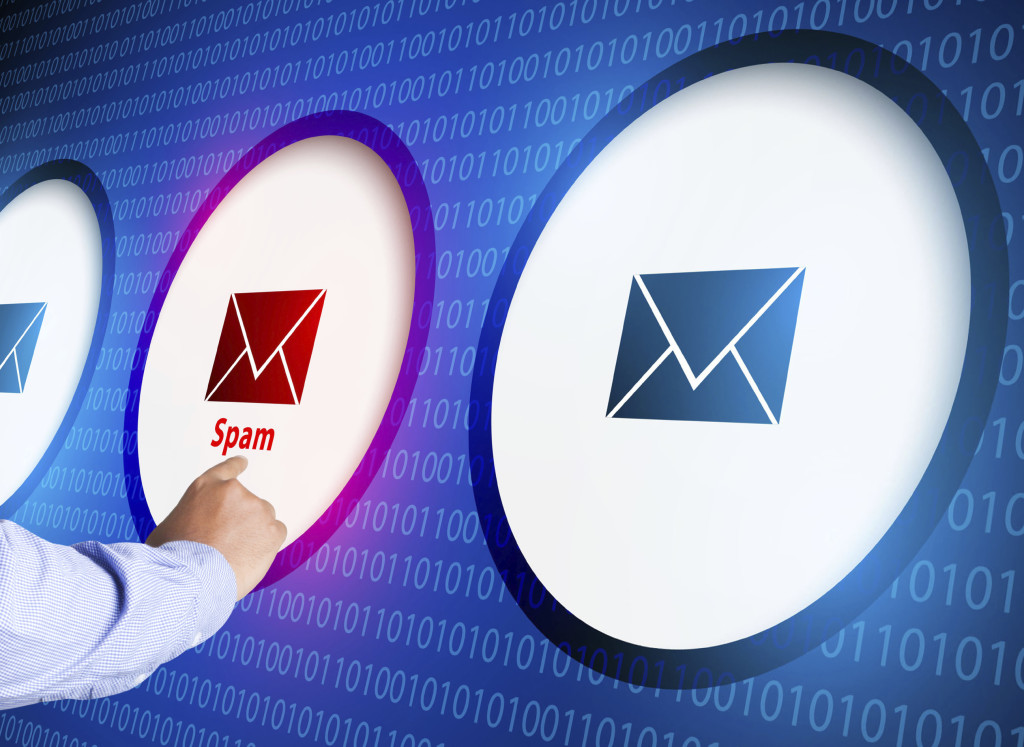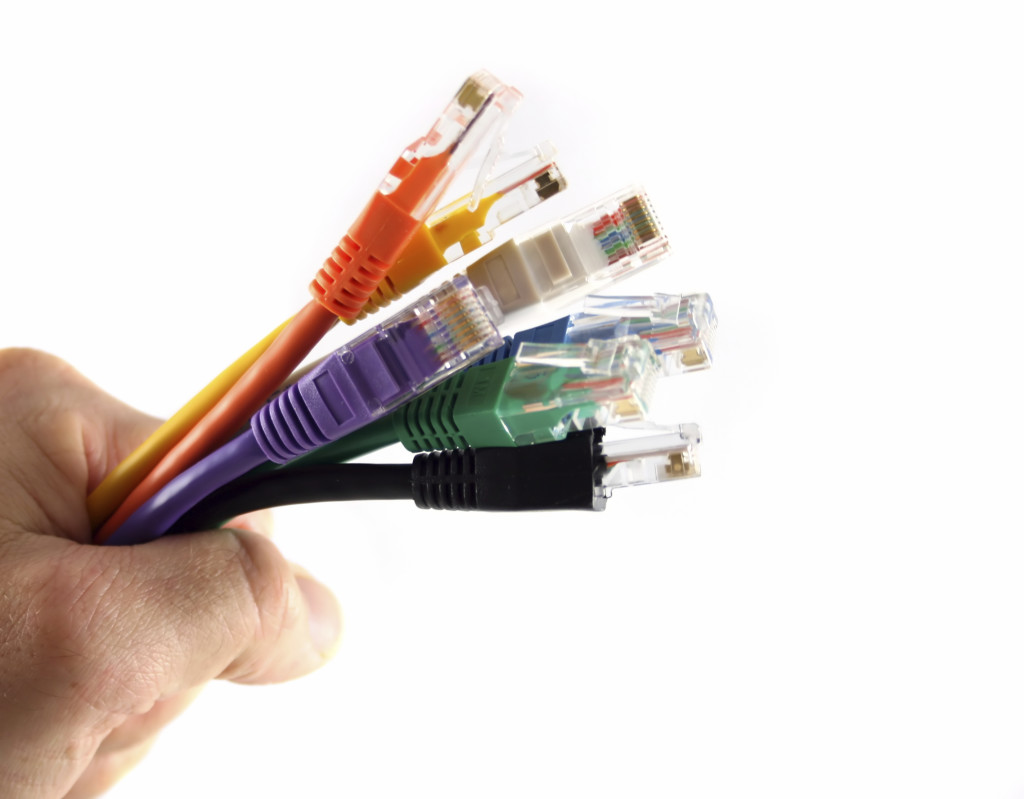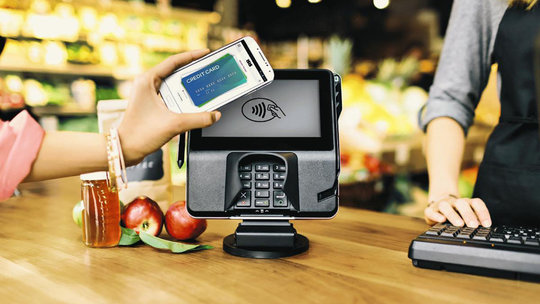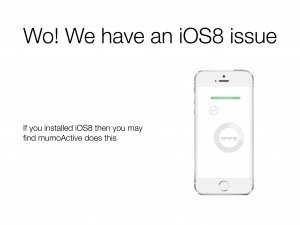How to Limit Exposure of Personal Data
Many Internet users would like to continue enjoying their interactions on social media platforms. However, they would also like to learn how they can ensure that their personal data remains safe and out of hackers’ reach.
Here are a few approaches to keeping Cloud-based information safe.
Zero-Knowledge Encryption
Zero-knowledge encryption is often hailed as the best cloud storage method. The zero-knowledge approach involves private end-to-end data encryption. This is the best way to ensure that your data is safe from compromise. Zero-knowledge encryption refers to a method in which files are encrypted before they leave your gadget and will not be disturbed until you download them from the cloud again. Administrators provide users with a decryption key, linked to the set password. Therefore, your cloud provider cannot unscramble your files.



